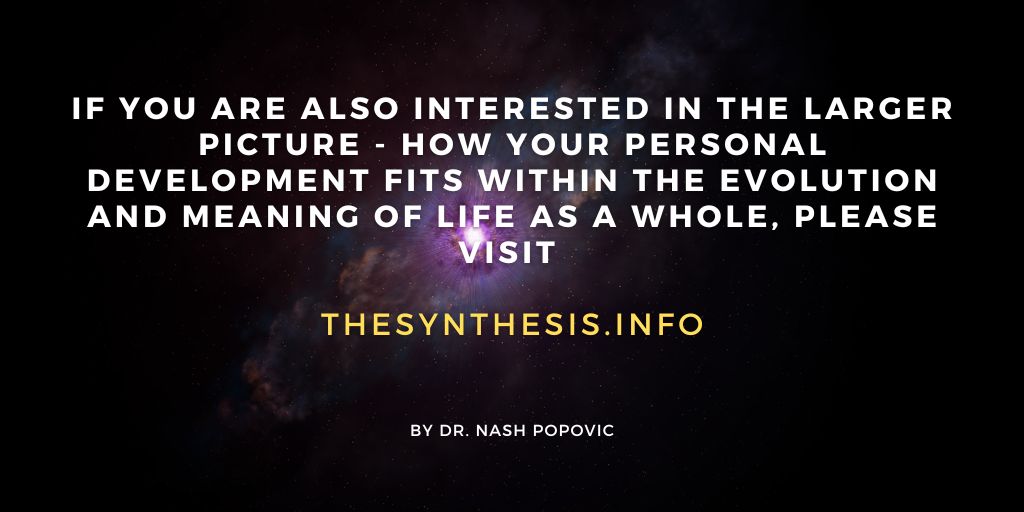27. Interest
Nothing is interesting if you’re not interested.
Helen MacInnes (Scottish-American author)
There is strong empirical support(1) for the claim that interest (sometimes called the need for stimulation, exploratory drive, stimulus hunger – or simply escape from boredom) is one of the fundamental and universal drives among animals and humans. The term interest is used not only because it is more common than the other terms, but also because it has a wider (not limited only to sensations) and more appropriate meaning in relation to people.
Human interest does not depend only on external stimulation. Stimulation can also be internal, or of a different nature (spiritual interest, for example, may even require sensory deprivation). In any case, when this drive is not satisfied we experience a sense of boredom. Boredom is on the other side of the spectrum to interest, and can be an intense negative motivator so looking at it is worthwhile too. The aim of this area is to enable you to increase control over these related phenomena.
Boredom
Being in charge of boredom is important because boredom can make us do what we really don’t want to and can make us unhappy. So let’s examine first when we get bored.
When do we get bored?
Generally speaking there are two categories of such situations:
- We are bored because nothing is happening (‘I have nothing to do!’ feeling).
- We are bored because of what is happening (e.g. we feel that a task, movie, lecture, conversation, or activity is boring).
Before we consider these categories in more detail, it is important to remember that interest and boredom do not depend only on circumstances but also on ourselves: both are, to a large degree, in the ‘eyes of the beholder’.
We are bored because nothing is happening
The quickest escape when we have nothing to do is to turn to the mobile phone, computer or TV. However, if this becomes a habit, it narrows our options and, in time, it gets harder to beat boredom in this way. For example, you may turn to Facebook even if you know that this is a likely to be a waste of time, because nothing else comes to your mind.
However, the chance is that it will not remove the sense of boredom and will only increase your dissatisfaction. This is like going fishing in a swimming pool! So it may be worthwhile considering other options. As above, they can be grouped in two categories:
- Learn to enjoy doing nothing: sunbathing, daydreaming, meditating, sleeping, ‘cloud-spotting’ can all be enjoyable.
- Find something interesting to do: take the situation as an opportunity to discover something new and /or uncover your potentials. This consists of two steps as described in the following exercise (the reason why we don’t get there spontaneously is because we tend to skip the first step):
Finding something interesting to do:
- Brainstorm possibilities: list everything that can possibly be done without any judgement. For example, if doing the washing up comes to mind, don’t judge it at this stage, just put in on the list! There are many things that can be done even if you are locked in an empty room (yoga, exercises, solving a mental problem, trying to escape, rehearse a role or a speech, write a novel in your mind, etc.)
- Imagine doing each of these items on the list, how you will feel during and after (e.g. tidying may not be immediately appealing but you may feel great when you finish), and then make a choice. If anything grabs you while you are going through the list, just go for it!
We are bored because of what is happening
We have two options in this case too:
- We can either change the situation (e.g. leave a boring party or suggest something to make it more interesting).
- We can change our attitude, find a way to get interested.
When should we use the first option and when should we use the second one? This depends on worthwhileness. If the boring situation is also not worthwhile, changing the situation may be a good idea. However, if the situation is worthwhile, changing your attitude towards it may be better. Remember though that something that does not seem worthwhile or relevant now (e.g. physical exercise) may matter in the future. Also, a process, not only an end goal, may be worthwhile. For example, when we do crosswords, it is not the end result that is really important but exercising our brain and developing thinking skills.
Why do we get bored?
The reasons for getting bored may lie in us rather than in a situation. These are some of such reasons:
- being closed, refusing to engage;
- ignorance (e.g. a football match is boring for those who don’t understand the rules);
- self-importance (those who feel more important than anything or anybody else often feel bored);
- pretending that you are bored in order to leave an impression of being cool or superior, which can become a trap;
- positive expectations, because they attach you to the future and you are ignoring the present (e. g. if you are just waiting for a person you fancy to turn up at the party you may miss the fun and feel bored);
- negative expectations: deciding in advance that something or somebody will be boring can become a self-fulfilling prophecy.
All the above depend on you. No situation is necessarily boring if you are willing to engage. So, give it a chance!
How to get interested
- Don’t be afraid of, and don’t allow yourself to be driven by boredom. Instead, take the situation as a challenge.
- Open up – the more you open up to the possibilities that a situation offers, the more likely it is that you will find something interesting (e.g. if you are bored waiting for a train, you may observe and study the people around you).
- Be curious: what can you learn, understand, explore or discover in a given situation?
- Engage with others (if appropriate).
- Be creative (e.g. doodle while listening to a lecture).
- Relax – lowering your arousal level will help you feel less bored (this is why people don’t get bored when sunbathing).
- Find a purpose or value in the situation.
- Be proactive: if you find a meeting boring, think about and ask an interesting question.
- Add imagination to spice up things: for example, imagine that you are a journalist who has to write an assignment or report. What would a journalist do to investigate the topic? How would she make it interesting?
- Be mindful: don’t get attached to your expectations (positive or negative) and try to be present, you may find that real life – which is always in the present – is not so bad after all!
- Find something that may be relevant to you (e.g. if you find Shakespeare boring, remember that somebody you fancy may be impressed with your knowledge of Shakespeare).
- Is there anything else you feel besides boredom? If so, try to locate and focus on an aspect of the situation that will amplify any positive feelings that you may have.
- Don’t try to rush through a boring activity – this increases boredom! Deliberately slow down instead. This may sound counterintuitive, but it works.
- If none of the above work for you just let it be. Boredom can spontaneously push us in a creative direction. A little bit of boredom occasionally may not be such a bad thing!
(1) See, for example, Berlyne, D. E. (1960) Conflict, Arousal, and Curiosity. New York: McGraw-Hill.

